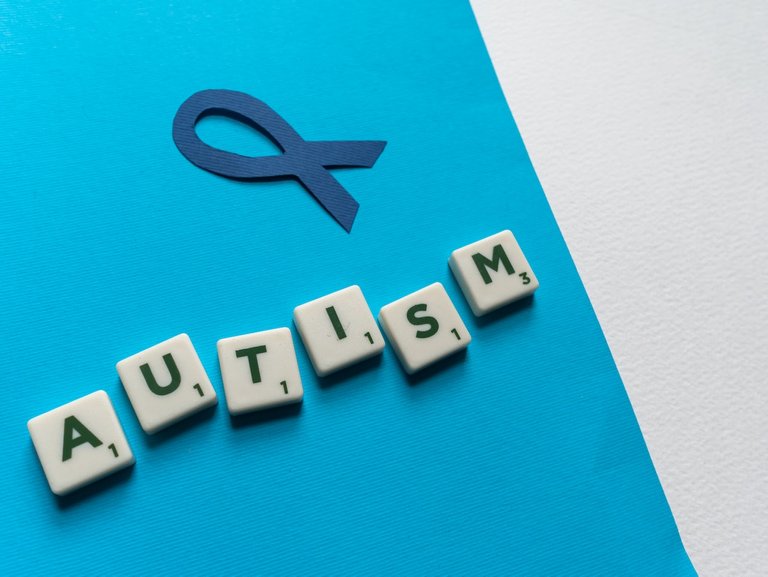Adrienne Bailon said, “Autism doesn’t have to define a person. Artists with autism are like anyone else: They define themselves through hard work and individuality.”

How do music help individuals and children with autism?
Parents of children with autism may have a hard time finding appropriate treatment options. This can sometimes become a never-ending struggle. In fact, figuring out which new treatments are most effective and which are merely speculative can often be the hardest part. Regarding music and autism, there is a broad consensus that music is a great tool to treat autistic children and can also help in the diagnosis phase.
As is well documented, children with autism struggle with their communication skills, successfully learn to interact in a social environment and develop new skills. But music has been shown to help with all of these problems, largely because of its structure.
Basically, it is the repetition and the different expected progressions that make music so effective in reaching children with autism. Children learn patience and tolerance through music and can apply these lessons to social situations.
Not only is music a great tool to teach and treat autistic children, but it can also help diagnose autism. For example, exposing a child to music can help determine the magnitude and severity of the specific case. And the specific strengths and weaknesses of the child can also be recognized through music.
As a bonus, some studies have shown that children with autism listen to music much more avidly than other children of the same age group. So while music can be a very valuable tool for teaching autistic children, it can also be a rewarding experience for the child as it serves a dual purpose.
One possible reason is that studies have shown that Autistic children have a refined ability to distinguish between sounds, creating a more enjoyable and interactive experience for them when listening to music.
There are many ways to integrate music and autism. A popular method is storytelling with musical elements, which increases an autistic child's interest and learning ability.
Basically, the ultimate goal of these music lessons is to increase patience, improve learning ability, improve social interaction, and improve memory. And while the benefits of using music therapy in treating autism are numerous and effective, perhaps the most important benefit is the joy an autistic child can derive from listening to music
In essence, music and autism are interconnected, and has been shown repeatedly to do so. Whether it is due to autistic children's improved ability to recognize pitch or an interest in the complex yet repetitive structure of music, heightened response to music is an extremely important learning tool that parents and teachers should harness properly.
Ultimately, this benefits both the parent and the child.
These are some of the proven benefits of music therapy for autism👇👇
Improves communication skills
Music can reduce shyness and hesitation in people with autism. According to one observation, children express themselves better when children sit together in music class and take lessons from a therapist. Music helps them bond with their classmates and teachers while practicing.
Reduces stress
Music activates happy hormones and has a positive effect on that part of the brain from which controls our emotions.
Not only is it a stress reliever, it also has positive results shown to reduce panic attacks and depression.
Improves Social Behavior
When an autistic person listens to music, they will find it relaxing and peaceful. Therefore, doctors also suggest using music therapy to improve your social behavior. One therapist even uses various tools and techniques to relieve stress and anger.
Improving Motor Functions
Our senses are coordinated in the brain, as such acts as a relay centre.When people with autism hear the notes of a tune, they try to coordinate their senses. This is how music helps them improve their motor skills.
Music therapy is used for many conditions such as Alzheimer's, depression and autism. It has shown a positive effect in improving patient learning. Autistic children and adults need more attention and compassion. You can use music therapy and music lessons to create a comfortable environment for them.
Let's remember that children with autism never asked to be autistic, let's embrace them and make the world a better place for them.
By @sam9999
Thanks for reading, Sayonara🖐
See you in my nest post
Resources/References
Reference 1
Reference 2
Reference 3
Reference 4
Reference 5
